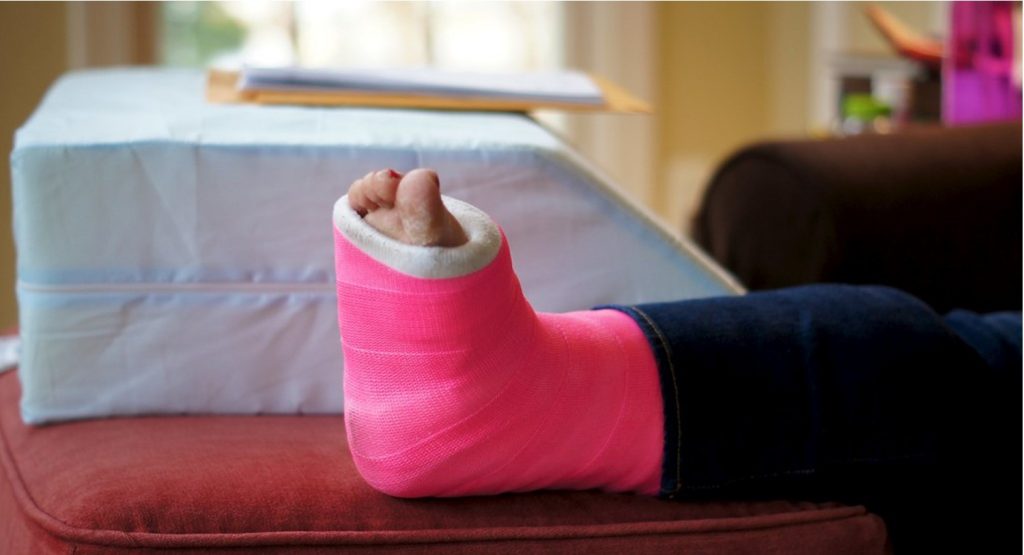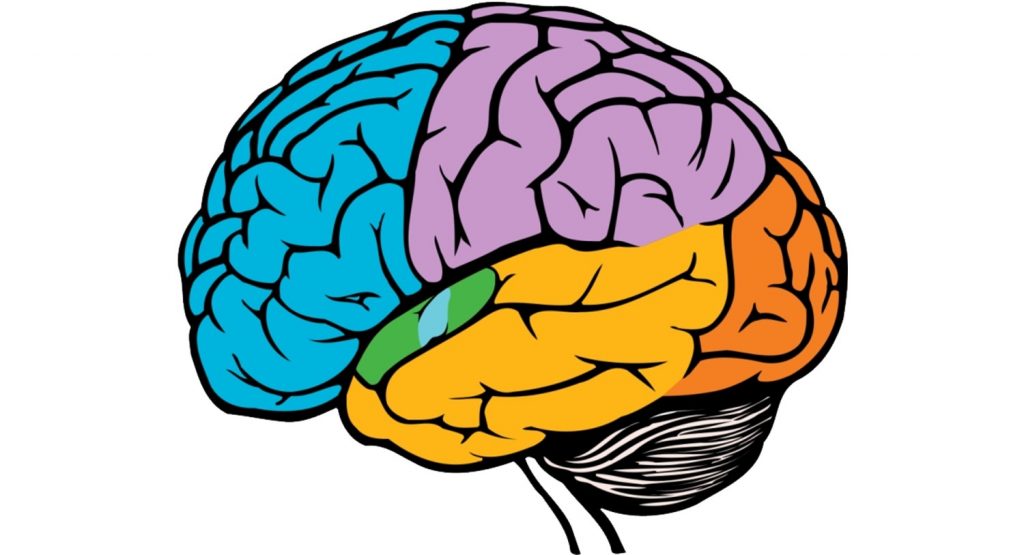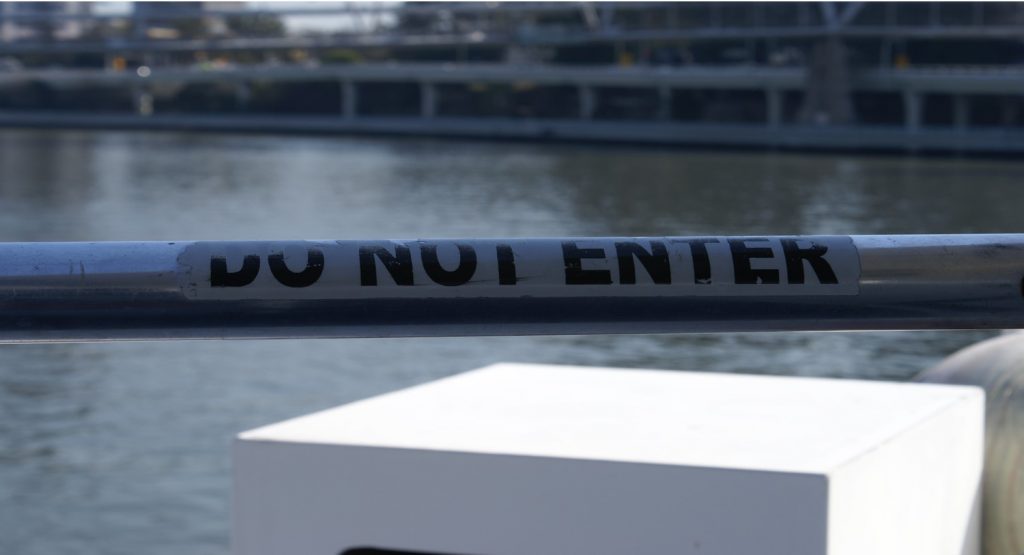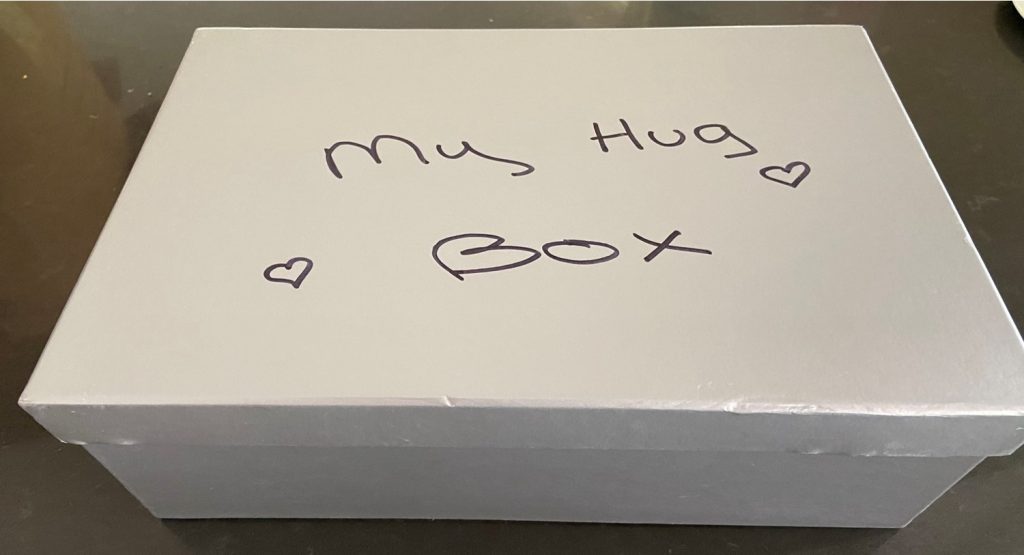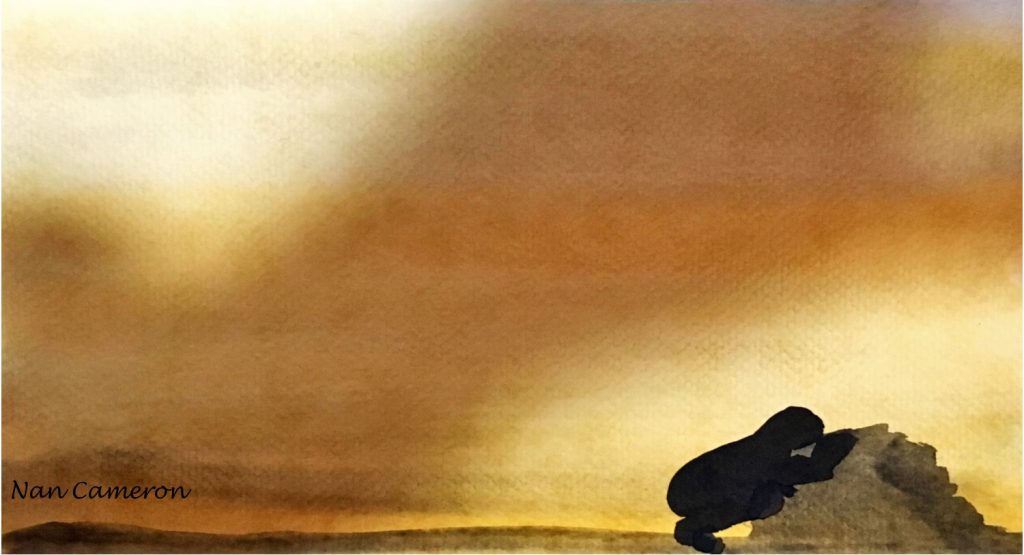
There is a metaphor about dark places and the gold you find there.
It is true. Mines are where precious metals and stones are found.
Mines are also dark places. They are dangerous. There is the risk of flooding, cave-ins, getting lost in the dark, falling down a shaft, being overcome by poisonous gases.
But for all the dangers there is also treasure to be found. Gold, diamonds, opals, metals like tin and copper, coal. All these treasures have a value that make working in those dark places worth it.
For the multitudes who came to Australia during the Gold Rush of the 1850s, gold was the prize they searched for in those dark places.
WHEN YOU ARE IN THAT DARK PLACE
You can find yourself in a dark place. There is no light, no easy way to find your way out, the risk of flooding emotions, being buried under overwhelming feelings and helplessness, fear and other emotions so powerful you can barely breathe.
THE TIME OF PANIC
It is so easy to panic. To run screaming through the darkness. To run into walls, fall over obstructions you cannot see and find yourself falling deeper into those hidden shafts.
Maybe for a while you do panic.
AFTER THE PANIC
Eventually you may find yourself lying on the floor of this dark place. You may be feeling terrified, too terrified to move anymore. You may be totally exhausted, unable to do anything, unable to get up or even think.
There may come a time when you realise no one is coming to help you. You can stay and die in this mine, or you can calmly evaluate your situation and find a way out.
TIME TO JUST BE
So you get up and sit against a wall.
WHAT YOU FIND IN THE DARKNESS
As you sit, thinking of what to do, you may notice something glowing in the darkness. As you look closer you may see the gold there. It may be a few small specks, or it may be a huge nugget.
Whatever it is, there is enough value in this gold to benefit you.
This gold is your way out of this dark place.
So you take it and leave your dark place.
FINDING THE LIGHT AGAIN
You may have to clamber up piles of rocks, balance precariously along narrow bridges, cling to the wall as you edge your way along shallow ledges.
Eventually you will see the light and emerge into the day with its brightness, and sunshine, and warmth.
HOW THE GOLD HELPS YOU
As you embrace this wonderful world of light and safety, you may notice the gold you found.
This is the gold that empowered you and allowed you to find your way out of the darkness.
This is the gold that has changed you.
This is the gold that has enhanced your life here and now. The gold that you will take with you into the rest of your life. The gold that has allowed you to grow.
That gold you found in the dark place is precious. It has enhanced your life. It has made the your that faces the future richer than the you that was lost in that dark place.
FIRST THE DARK THEN THE GOLD
It is important to remember you would never have found the gold without being in that dark place. You would never have found the gold without the panic that left you running terrified into the dark. You would never have found the gold if you hadn’t stopped and waited. If you hadn’t allowed time to calm down and wait.
You may not enjoy being in the dark places. They are scary and damp and dangerous. But they are also places where you can learn beneficial things. Places where you can grow.
If you allow yourself time, you can emerge from the dark place with new treasures that will benefit you in your life.
LIFE IS DIFFERENT FROM THE MINE
One important thing to remember that is different from being on your own in a mine is that in life people can walk beside you. If you allow them to.
If you can’t find someone who can walk beside you and not get lost themselves then counselling is really beneficial for you. I can walk beside you. I can give you the space to sit and wait. I can help you find that gold and walk beside you as you take your gold into the open air. Then I can help you learn how to use that gold in your life.
Are you willing to get out of the mine?
If you would like to talk to me about how I can help you with getting out of the mine, please contact me on 0409396608 or nan@plentifullifecounselling.com.au
If you would like to learn more, I write a regular newsletter with interesting information, tips, information on courses, and the occasional freebie. At the moment I have a free mindfulness meditation for anyone who signs up to my newsletter. This meditation offers a way to safely explore your feelings and learn to be okay with them. If you would like to subscribe please click on the link here: http://eepurl.com/g8Jpiz

